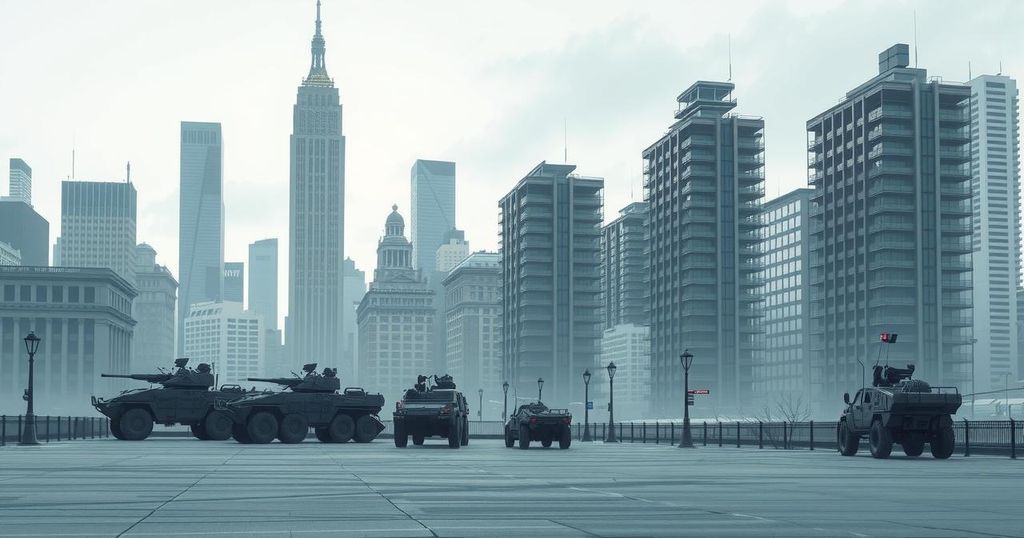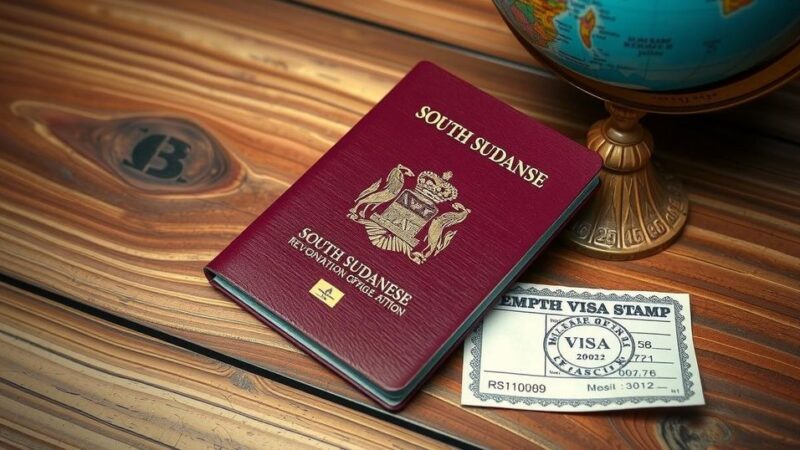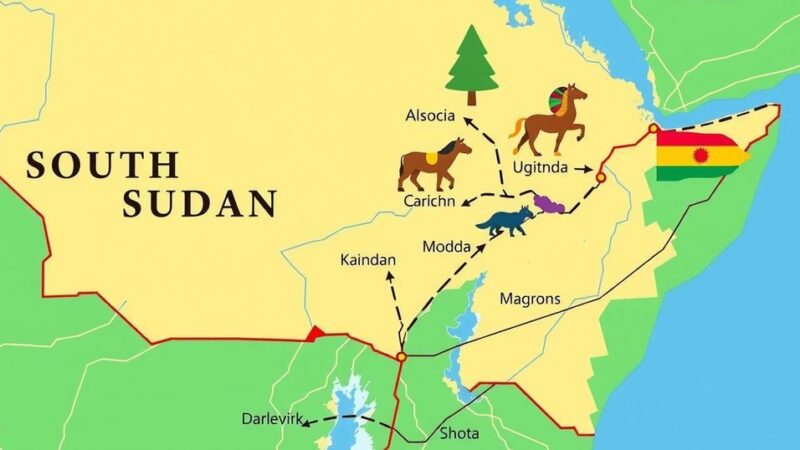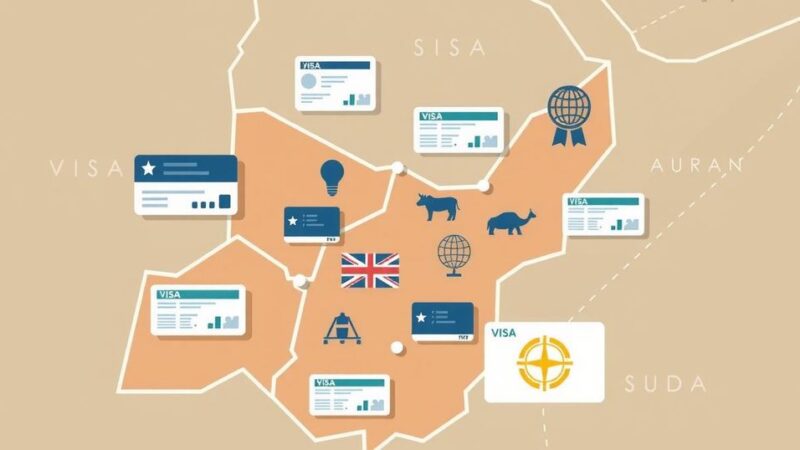Sudan’s military claims to have recaptured Khartoum’s last RSF-held area, intensifying the conflict that has killed over 28,000 and created a severe humanitarian crisis. The RSF’s loss does not eliminate ongoing violence, as they retain control in other regions. The conflict has historical roots, involving human rights abuses and significant civilian casualties.
Sudan’s military has announced the recapture of the final stronghold in the capital, Khartoum, previously controlled by rival paramilitary forces known as the Rapid Support Forces (RSF), led by General Mohammed Hamdan Dagalo. This development marks a significant shift in the ongoing conflict that escalated in April 2023. However, the RSF has yet to confirm this setback, as the group continues to maintain control over regions outside the capital.
The conflict has resulted in over 28,000 fatalities, displacing millions and forcing some families to resort to extreme measures such as consuming grass to survive amidst widespread famine. Estimates of the death toll may be even higher, underscoring the dire humanitarian crisis instigated by the war, which has been labeled the largest in the world by the head of the U.N. children’s agency.
Historically, the Republican Palace has held significant political importance, serving as the power center during British colonial rule and later for Sudanese leadership post-independence. The Sudanese military has intensively targeted this location, engaging in bombardments and assaults on the compound.
Sudan’s instability began with the ousting of autocrat Omar al-Bashir in 2019 following a popular uprising, although the transition to democracy was abruptly interrupted by a military coup led by General Burhan and Dagalo in 2021, leading to hostilities between the Sudanese military and RSF starting this year.
Since January 2023, General Burhan’s forces, which incorporate the military and allied militias, have made significant territorial gains against the RSF, including reclaiming a vital refinery north of Khartoum. These confrontations have corresponded with a rise in civilian casualties, further exacerbating the humanitarian plight in the region.
Former President al-Bashir is currently facing charges at the International Criminal Court for war crimes committed during his administration, particularly against ethnic groups in Darfur, where the RSF originated. Human rights groups and the U.N. have raised alarms regarding the RSF and associated militias for renewed attacks on ethnic African populations, reflecting the cycle of violence.
Both the RSF and the Sudanese military have been accused of numerous human rights violations since the onset of the conflict. In a significant declaration from the State Department during President Biden’s administration, the RSF was accused of committing genocide, claims that both factions have refuted.
The situation in Sudan remains critical, with the military’s retaking of territory in Khartoum representing a pivotal moment in the ongoing conflict. Despite these developments, humanitarian crises persist, compounded by a high death toll and widespread suffering among civilians. The historical significance of the sites involved, coupled with the accusations of human rights abuses by both military factions, highlights the deep-rooted challenges facing Sudan as it grapples with its tumultuous political landscape.
Original Source: chatnewstoday.ca






